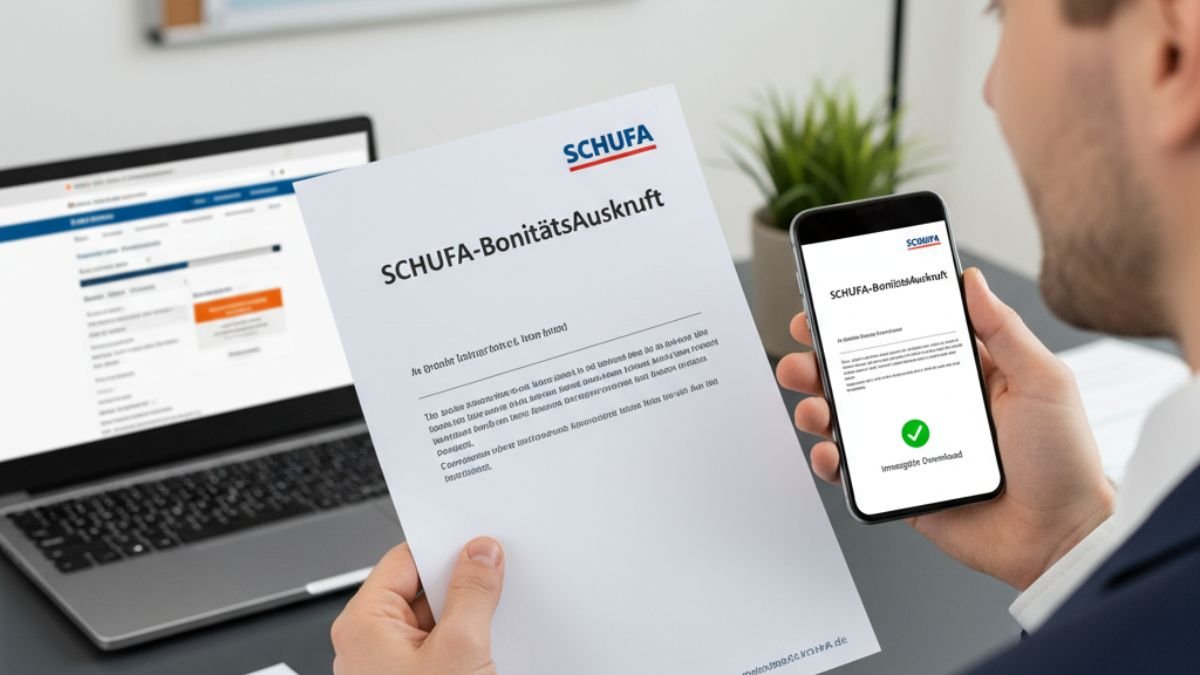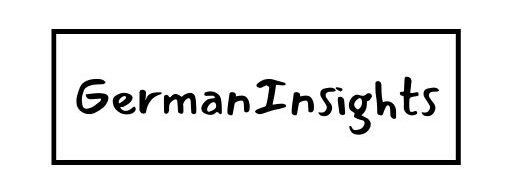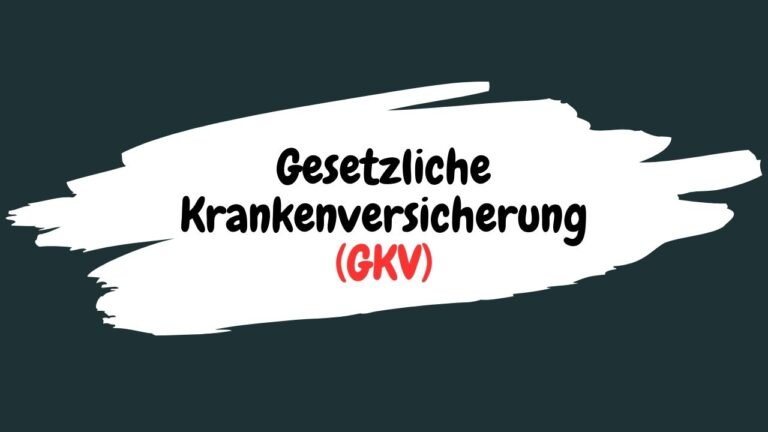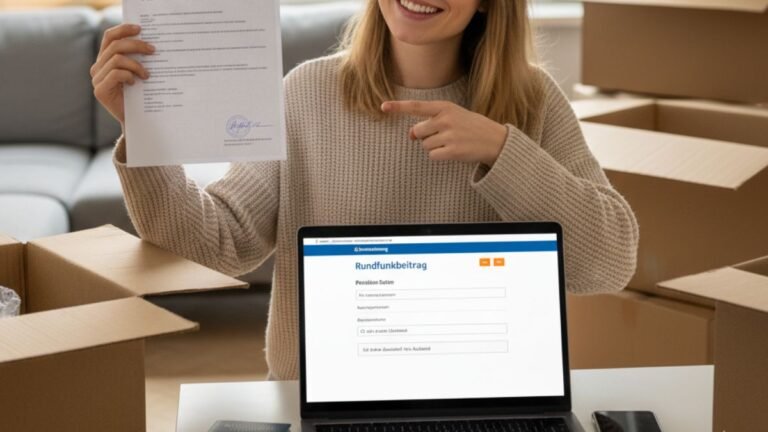What is a SCHUFA Report? A Simple Guide on How to Get Yours Fast

Navigating the German bureaucracy can often feel like a daunting task, especially when you encounter unfamiliar terms like “SCHUFA.” If you’re planning to rent an apartment, get a phone contract, or even take out a loan in Germany, you’ll inevitably be asked for your SCHUFA report. This document is a cornerstone of financial credibility in the country, and understanding what it is and how to obtain it is crucial for a smooth transition into German life.
What Exactly is a SCHUFA Report?
A SCHUFA report, or SCHUFA-Auskunft, is a detailed credit report issued by Germany’s leading credit protection agency, SCHUFA Holding AG. It provides a comprehensive overview of your financial history and an assessment of your creditworthiness. This report includes a “Basisscore,” a percentage that indicates the likelihood of you meeting your financial obligations. A higher score signifies a lower risk to potential lenders and landlords.
The report contains personal data such as your name, date of birth, and current and previous addresses. More importantly, it lists information about your financial activities, including:
- Bank accounts
- Credit cards
- Loans and installment plans
- Mobile phone contracts
- Any records of late payments or defaults
Landlords, banks, and other service providers use this report to gauge your reliability as a contractual partner. A positive SCHUFA record can significantly increase your chances of securing a rental property or obtaining favorable loan conditions.
What information is in a SCHUFA report?
The report contains a credit score and other details about your payment history. It does not, however, contain personal details like income, marital status, or nationality.
The report generally includes:
- Your personal data: Your name, current and previous addresses, date and place of birth.
- Your credit history: Details on bank accounts, credit cards, loans, mobile phone contracts, leasing agreements, and other financial obligations.
- Payment behavior: Records of timely payments, as well as bounced checks, reminders for late payments, and collection procedures.
- The SCHUFA score: A percentage (the highest possible is 97.5%) indicating your creditworthiness. Scores above 95% are generally considered very good.
- Past inquiries: A list of companies that have checked your creditworthiness in the past 12 months.
How to get a SCHUFA report
There are two primary ways to obtain your SCHUFA report:
1. Get a free copy of your data (Datenkopie)
All German residents are entitled by law to receive a free copy of their personal data from SCHUFA once per year, under the General Data Protection Regulation (GDPR).
- Where to apply: On the meineSCHUFA.de website, find the section for the free “Datenkopie (nach Art. 15 DS-GVO)”.
- What you’ll need: A copy of your passport or ID and your residence registration certificate (Meldebescheinigung).
- How you receive it: The report is sent by postal mail and may take up to a few weeks to arrive.
- Note: This is a comprehensive report intended for your own records and includes more information than a landlord or employer needs. You should redact sensitive details before sharing it.
2. Order a paid SCHUFA credit check (BonitätsAuskunft)
This is the official, certified report that is designed for third parties, such as landlords. It costs €29.95 and is often requested during the apartment-hunting process.
- Where to apply: Order directly from the meineSCHUFA.de website, on real estate websites like Immobilienscout24, or at participating Postbank or Volksbank branches.
- How you receive it: You can download the report immediately as a PDF after payment.
- Privacy: This version is more privacy-friendly as it only shows the information relevant to the third party, rather than your complete financial history.
Important Considerations for Newcomers to Germany
If you have recently moved to Germany, you may not have a SCHUFA record yet. The process of building a credit history begins once you register your address (Anmeldung) and open a German bank account. It can take a few months for enough data to be collected to generate a meaningful report. In such cases, some landlords may accept alternative documents like an employment contract or recent bank statements as proof of financial stability.
If you’re looking for more blog like The Documents You Need to Rent an Apartment in Germany
and Decoding Kaltmiete, Warmmiete, and Nebenkosten subscribe to join us.






